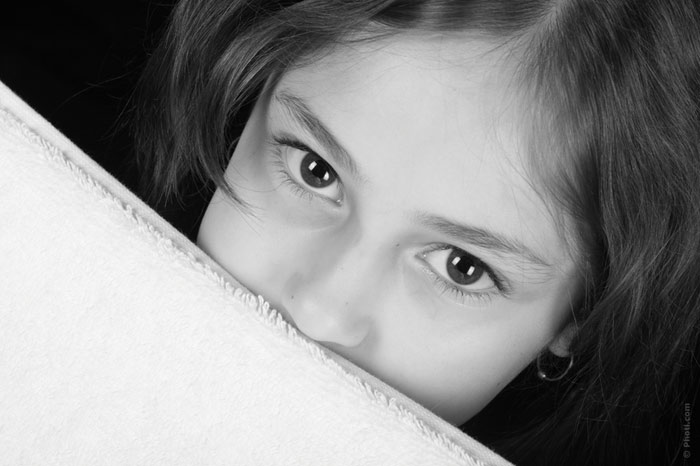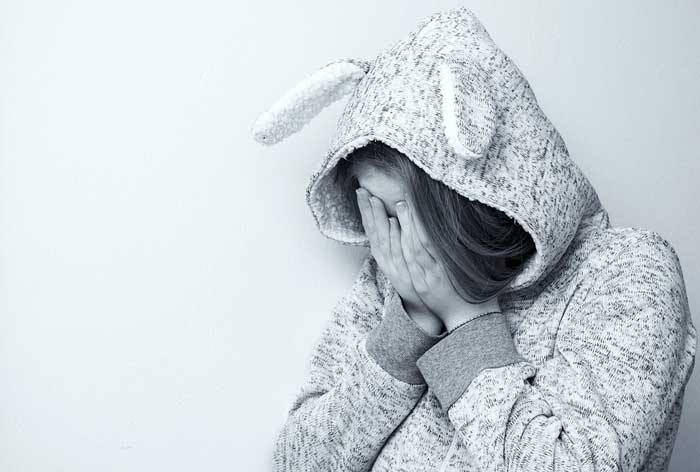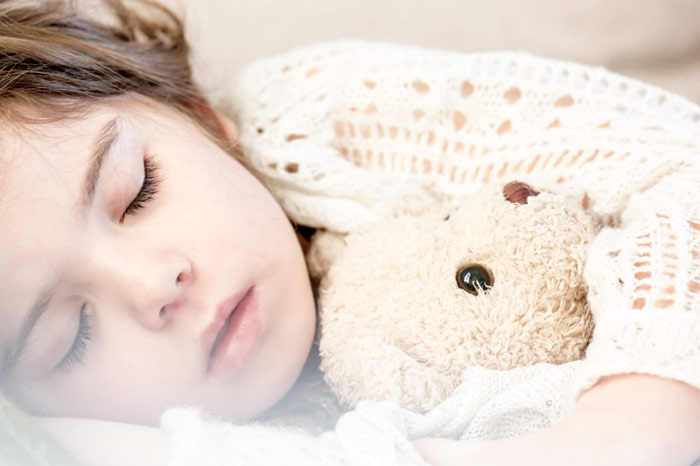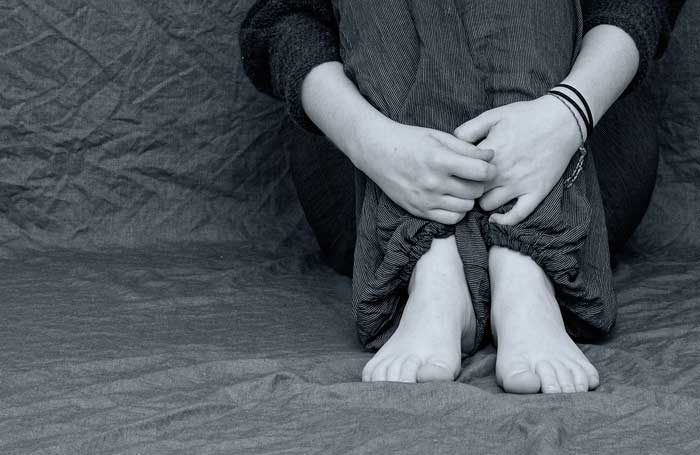10 Ways to Learn If a Child Is Being Bullied
Psychologists know how to detect bullying without asking the child about it. They can cite as many as ten signs that are fairly indicative.
The kid doesn’t want to go to school
Knowing that they are very likely to be subjected to bullying at school, schoolchildren are reluctant to wake up and get ready for school. If so, they must have a good reason for it. Younger kids will be complaining of sickness, weaknesses, there may be calls from the nurse at school asking to pick up a child who has been taking bad. Older children may skip classes, and you will want to monitor their attendance by keeping in touch with teachers. Experts say that the reluctance can be worse on Mondays: after children enjoyed comparative safety at home during the weekend, they will be more averse to feeling exposed at school.
The kid often complains of bad health
Bullying causes anxiety developing into severe stress, and recurring stress results in frequent stomachaches, headaches and other ailments. Children fall back on these – whether real or imagined – to excuse themselves from classes and unwanted activities. Once you notice that your kid has been using such excuses a lot lately, address the issue. Say you are worried about the kid’s health since they have been complaining of bad health frequently and ask them to describe their feelings in detail. Thus you initiate a non-confrontation discussion which can help you bring out important facts and attitudes.
The kid changes pals
Bullying may also cause sudden shifting of friends – some are dropped, others are made. It is often indicative with teen and pre-teen girls. Not wanting to be around friends any more may be a sign of bullying within the circle of friends. Sometimes these outbreaks of meanness are not always readily identified as bullying. If your child is not open about her friends and relationships within her company, you can keep tabs by talking with her friends’ parents. So you will see at once if your kid gets excluded or driven out of her group of friends.
The kid sleeps badly
When a child anticipates a bad day at school due to prospective bullying, they grow nervous, and their anxiety is sure to affect their sleep. These children find it hard to fall asleep, their sleep is troubled, they keep tossing about the bed. Usually it results in their feeling tired in the morning; the kid looks spent. Having been through a troubled night can manifest itself in reluctance to engage in morning hygiene or difficulty in concentrating on simple everyday tasks.
The kid overreacts emotionally
Once your child evinces unwarranted reaction when the conversation steers to school matters or relationships with peers, this is a definite sign that things are not going too well. Something is making the kid anxious. With pre-teens it often zeroes in on school life; with older teens it often relates to their meetings with friends in the evenings. If there is something amiss you will easily detect it by unwillingness or irritation that follow upon broaching certain subjects.
The kid doesn’t want to share feelings
If your usually talkative and interacting kid clams up suddenly or tends to head for their room right after coming home from school, these may be indicative of brewing problems. They won’t like to discuss bullying. Some will stay in the victim mode suffering mutely; others may give vent to their injured feelings and become aggressive towards their younger siblings, their pals or other children.
The kid changes attitude to his devices
These days bullying is easily transferred online, so your child may be persecuted via their devices. If this is the case, they will either develop an addiction to their laptop or tablet or complete distancing from them. In the first case, the child displays irritation or agitation when you want to pull them away from the device; in the second, you often lose touch with them because they shun from their devices. They suffer from cyberbullying but they are afraid you might take their tablet from them. Explain to them that they will keep their devices, but you can solve them with any problems online.
The kid‘s face and clothes bear marks
Bullying often leaves visible traces like tears and indentations on clothes and personal belongings, or even bruises and scratches on the skin. Upon being asked about the nature of those, the kid is disinclined to offer explanations and tries to avoid being questioned. You may achieve your ends by asking open questions like “What happened this morning?” and invite them to describe their feelings.
The kid is new at school – be twice as mindful
New kids, freshly transferred kids are natural victims for bullies. There are still schools around that lack a support system or an ambassador program. This means the kid is left to their own devices. Make sure it won’t be so if your kid is a recent transfer. Ask the class teacher to assign a pal to your child – even one person can stand for a more harmonious start at a new institution.
The kid develops a victim role
When a child senses possible danger of bullying or aggression, those who are not assertive can slip into a “victim stance” by trying to efface themselves, keeping their head down and showing their unwillingness to express their opinions and feelings. This is especially relevant when the child has a long history of being bullied. Once you’ve noticed that your child is getting more and more meek try to make them take up an activity where they don’t have to compete with others. They need to build up self-confidence in areas where they don’t feel pressed to impress or please anyone. It can be martial arts that give the feeling of security.
Both bullies and the bullied should definitely be talked to. Besides unburdening themselves and getting a clearer understanding of what is socially unacceptable, there might be further issues unearthed: substance use or deep dissatisfaction threatening with depression. Discussing issues openly can reveal the root problems.
You also need to be able to recognize signs giving away bullies. Kids are likely to be engaged in bullying their peers if they:
- are ready to start a fight or be verbally aggressive, competitive;
- have other bullies for pals;
- are regularly taken to the principal or to detention;
- sport money or things that appeared from nowhere;
- try to accuse others of their problems;
- avoid assuming responsibility;
- are mindful of their popularity and authority among peers.
- The worst thing about bullying is kids don’t hurry to seek help from adults. As School Crime and Safety statistics reveal, only about 40% of unwelcome incidents have adults called in. There are a number of reasons why kids are reluctant to address an adult:
- bullying renders victims helpless; they don’t want to appear weak and ratty by disclosing a bullying incident. Some of the victims will want to assert themselves by dealing with the situation without outside assistance;

- kids are afraid of the bully exacting revenge on them;
- kids feel humiliated and don’t want others to hear about the experience, even if the allegations leveled at them were completely untrue. They are not sure that the adult won’t go judging them or accusing them of weakness;
- if the bullied kid feels alone or left out they may believe that nobody cares what happens to them, so nobody will want to listen to them;
- kids are afraid that if they tell tales they will lose whatever friends and respect they enjoy. They would rather cling to the social amenities they have, however poor they may be.




